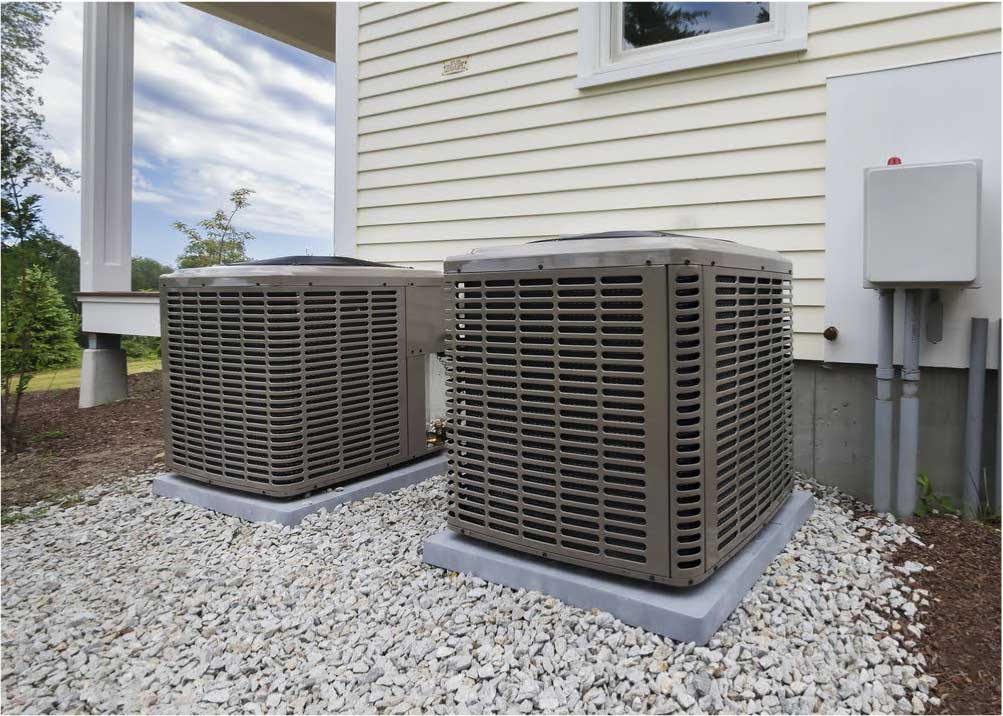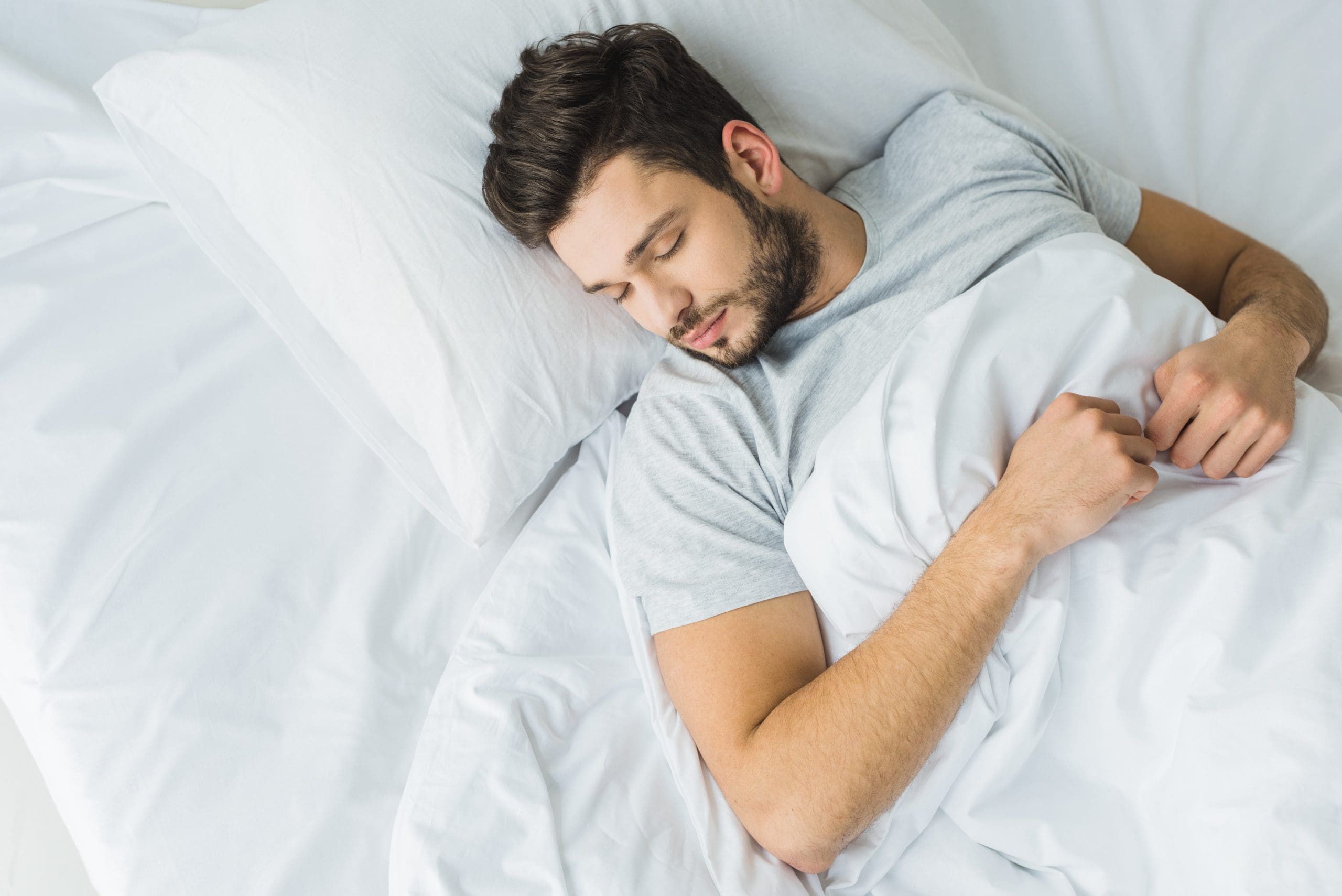For several men in their 30s, 40s, and 50s, sleep deprivation may sound like a normal part of the aging process. Between working eight or more hours at the office, budgeting finances, and raising a family, it is not uncommon for men to feel fatigued and exhausted throughout the day. However, sleep deprivation is a severe condition that men should not ignore. It may be a symptom of low Testosterone.
Sleep difficulties and testosterone levels might appear like an unusual coupling, but the two health problems may just be related. And managing on one might benefit the other.
Low Testosterone Levels Link with Poor Sleep
Low Testosterone also seems to be connected to lessen quality sleep and less intense sleep cycles. Researchers have mentioned that as Testosterone goes downhill, the hormone cortisol rises. Cortisol provides wakefulness, resulting in shallower and shorter sleep, noted in the 2012 review. Feeling tired and exhausted is also a symptom of low Testosterone.
However, for men with obstructive snooze apnea, handling the condition with a continuous positive airway pressure machine doesn’t appear to improve Testosterone, according to a review of the effect of sleep interventions on 232 men involved seven studies. Handling low Testosterone with hormone replacement remedy also doesn’t immediately begin to better sleep.
Sleep-Related Signs of Low Testosterone
- Trouble dropping asleep and sleeping through the night.
- Constantly feeling tired and exhausted.
- Less deep sleep cycles
- Sleep deprivation lowers your natural testosterone production.
- Low Testosterone contributes to shallower, shorter sleep patterns, and diminished REM sleep.
Quality sleep is essential for energy, good health, handling stress, maintaining a healthy weight, mood, and libido. Sometimes Low Testosterone levels are the reason for Inducing Erectile Dysfunction Problems. But Cenforce 100mg and Fildena 100 Pills Help in Treat ED. When hormones are out of stability, sleep status will hurt.
Conditions that can disturb healthy sleep patterns
Low Testosterone
Just as sleep loss can influence hormone levels and cause low Testosterone, the same can be stated for low Testosterone’s impacts on healthy Sleep trims. As men age, they start to feel a drop in testosterone levels, which can induce several signs, including insomnia.
Lack of Exercise
Regular exercise contributes to the body’s varied benefits and can better sleep quality, particularly for patients living with persistent sleeping situations such as sleep apnea. When your daily exercise, your body discharges endorphins that help decrease stress and recover your mood. Aerobic-type exercises can enhance the flow of oxygen in your bloodstream, appearing in a healthier night’s sleep.
Sleep Apnea
Sleep Apnea induces an individual to experience repeated shortness of breath while asleep. This disorder is generated by reducing oxygen in your blood and is usually diagnosed in men who feel excessive weight increase or Obesity. Sleep apnea has notable negative results on multiple energy and health measures and can be fatal if not treated.
Stress & Anxiety
Whether it’s work, financial, or family-related, numerous stressors make a male feel enthusiastic and confused. These stressors often become more severe at night as you try to release your mind and fall asleep. If you find that stress affects your sleep quality or causing you to experience high blood pressure, you may want to consider contacting a men’s health doctor for treatment. Sometimes Men’s health Doctors also help you to Combat Erectile Dysfunction and Suggest Fildena 120 and Cenforce 50 Pills Treat ED.
Superb Tips for a Great Night’s Sleep With Low Testosterone
If you’re concerned that your irregular sleeping trims are a sign of low Testosterone Levels, the experts are here to help.
Get consistent sleep
Make sure you’re napping at least seven hours a night. One way to do this is to adhere to the same bedtime and wake-up time every day, weekdays and weekends alike.
Avoid afternoon naps
It can disrupt your nighttime sleep plan.
Keep your bedroom cool
In overall, your bedroom should be between 60 and 67 degrees when you’re attempting to sleep.
Remove disturbances
Get relieved of excess noise and light so that your room is quiet, calm, and dark for sleep.
Limit nicotine, caffeine, and alcohol
Nicotine and caffeine are energizers, and although alcohol may seem to sedate, it ultimately conflicts with sleep quality.
Trim back on video games
The more you game, the moderate quality of sleep you receive. The researchers concluded that each hour of gaming throughout the day shifts bedtime back by 6.9 minutes. Avoid electric screens for an hour before moving to the bed. Take a rest from your phone, laptop, tablet, and television.
See a doctor
Sleep apnea is among the treatable conditions that could be interrupting your sleep. Discuss with your doctor whether you should be examined for this situation.
Lose weight
Losing just 5% of your starting weight can result in an improved length of sleep and sleep quality.
Be active
Daily physical exercise for healthier sleep. Try to give some of your active time outside in a natural green area. Spending time outside appears to help defend against sleep difficulties.








